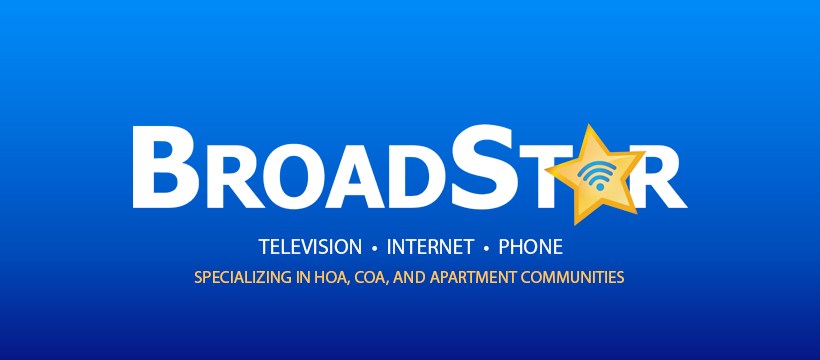Navigating the Complex Terrain of Compliance Guidelines for Network Security in Multi-Unit Units to Guarantee Occupant Safety and Information Protection
Wiki Article
In today's world, many individuals reside in multi-dwelling buildings, such as apartment complexes and condominiums. Such places frequently share common infrastructures for online and additional services. While this setup can be convenient, it also brings up important concerns about system security and compliance standards. Guaranteeing the security of residents and protecting their information is crucial. This article will examine the complex environment of compliance standards for system security in multi-unit units, focusing on how these guidelines help maintain tenants safe and protected.
One of the key compliance standards that pertain to network security is the EU Data Privacy Regulation (GDPR). This law is intended to protect individual data and privacy for persons inside the EU Community. Although it primarily pertains to businesses functioning in Europe, its principles can affect practices in other areas as well. For multi-unit buildings, complying to GDPR means establishing robust information protection measures. This includes ensuring that tenants' personal data is gathered, stored, and handled securely. By adhering to these guidelines, building administrators can help establish trust with tenants and ensure their information is safe from illicit access.

Another important guideline is the Healthcare Coverage Portability and Accountability Law (HIPAA), which protects sensitive healthcare data in the healthcare sector. In multi-unit buildings, especially those that provide medical services or have tenants with specific health requirements, adherence with HIPAA is essential. This means that any health-related information gathered from residents must be kept private and protected. Building managers must ensure that their network infrastructures are configured to prevent data leaks and illicit intrusion. By doing so, they not only comply with regulatory obligations but also foster a secure living space for all residents.
In addition to GDPR and HIPAA, the Payment Payment Sector Information Protection Standard (PCI DSS) is another critical regulatory guideline. This guideline is especially relevant for multi-dwelling units that accept debit card transactions for lease or services. PCI DSS outlines security measures that must be implemented to safeguard customer information. This includes encrypting sensitive information and frequently monitoring system security. By adhering to PCI DSS standards, property managers can reduce the risk of information leaks and safeguard tenants' financial information, which is vital for maintaining their trust and security.
Ultimately, it is crucial for multi-unit units to stay updated on local and national regulations regarding system safety. Regulations and guidelines can evolve, and remaining informed is crucial for compliance. Property managers should frequently assess their safety protocols and procedures to make sure they comply with current requirements. This proactive approach not only helps in maintaining compliance but also improves the overall safety of the network. By focusing on resident safety and data protection, multi-dwelling units can create a safe residential space that encourages confidence and reassurance among residents.
To summarize, navigating the complex landscape of compliance standards for system security in multi-dwelling units is essential for ensuring resident safety and data protection. By comprehending and implementing standards like GDPR, HIPAA, and PCI DSS, property administrators can create a secure environment for their residents. Staying informed about local regulations and regularly assessing safety protocols further improves this dedication to security. Ultimately, a robust emphasis on adherence not only protects residents but also builds a sense top article of community and trust within multi-dwelling units.